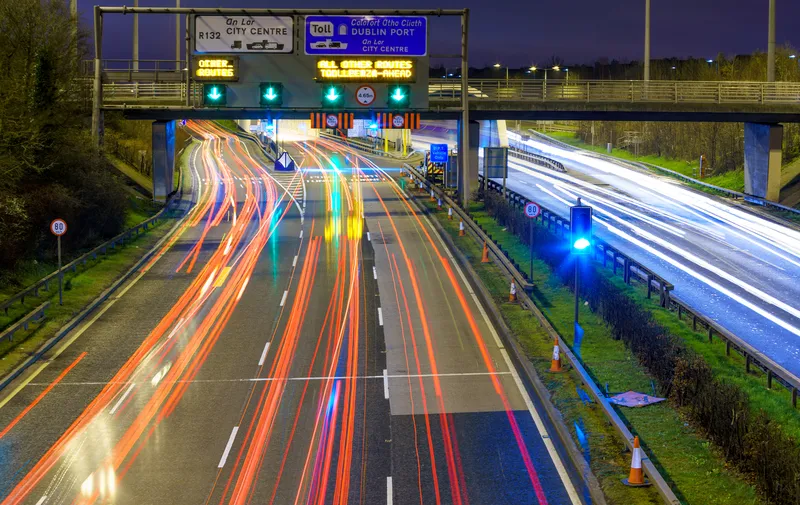Dutch company Technolution, along with its Danish partners Hermes Traffic Intelligence, Jesper K Thomsen, COWI, V!gør, InfraTeam and ITS Teknik is to provide the city of Copenhagen, Denmark, with a digital traffic management system. The aim is to stimulate cycling and public transport as modes of transport, to help it meet its goal of being carbon neutral by 2025.
The system uses Technolution’s traffic management platform MobiMaestro, which will be installed in a new traffic control centre to manage a ne
October 27, 2015
Read time: 1 min
Dutch company 818 Technolution, along with its Danish partners 997 Hermes Traffic Intelligence, Jesper K Thomsen, COWI, V!gør, InfraTeam and ITS Teknik is to provide the city of Copenhagen, Denmark, with a digital traffic management system. The aim is to stimulate cycling and public transport as modes of transport, to help it meet its goal of being carbon neutral by 2025.
The system uses Technolution’s traffic management platform MobiMaestro, which will be installed in a new traffic control centre to manage a network of traffic monitoring sensors to create a customised traffic management system.
The data collected will allow the city to provide better information to road users, as well as to synchronise traffic signals, contributing to better flow and a cleaner city and reduced carbon emissions.
The system uses Technolution’s traffic management platform MobiMaestro, which will be installed in a new traffic control centre to manage a network of traffic monitoring sensors to create a customised traffic management system.
The data collected will allow the city to provide better information to road users, as well as to synchronise traffic signals, contributing to better flow and a cleaner city and reduced carbon emissions.










